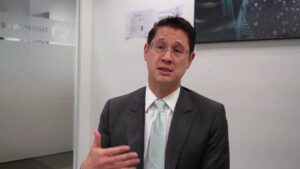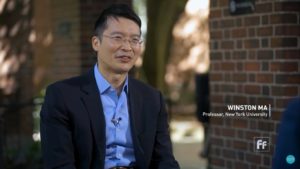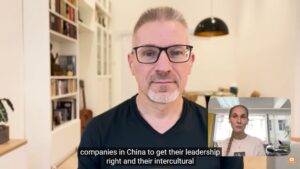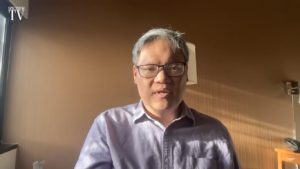
China will continue to focus on supporting its manufacturing power, instead of changing to household subsidies, says economist Victor Shih, out of line with many other economists who expect support for consumption, as reported by Al Jazeera. Shih added: “There are 1.4 billion people in China, so comprehensive social assistance would be extremely expensive, especially in a deflationary context.”
Al Jazeera:
Analysts expect the National People’s Congress, China’s rubber-stamp parliament, to again set an annual growth target of about 5 percent when it meets in March.
While many economists have exhorted Beijing to stimulate growth through household transfers, Victor Shih, an expert on the Chinese economy at the University of California, San Diego, expects investment-driven growth to continue to hold sway.
“Marxist ideology, which valorises industrial production, remains the fundamental basis for policymaking in Beijing,” Shih told Al Jazeera.
“In all likelihood, the government will continue to subsidise manufacturing. Consumption, by contrast, is viewed as indulgent.”
Shih added: “There are 1.4 billion people in China, so comprehensive social assistance would be extremely expensive, especially in a deflationary context.”
Shih said Beijing could raise household consumption by urging companies to pay higher wages but that “China’s manufacturing edge is partly based on subdued worker income”.
As such, “higher wages would undermine Chinese exports, which is an important source of output”, he said.
“I don’t think the government will shift budgetary priorities in favour of the Chinese people… which will likely result in a period of economic weakness.”
Victor Shih is a speaker at the China Speakers Bureau. Do you need him at your meeting or conference? Do get in touch or fill in our speakers’ request form.
Are you looking for more financial experts at the China Speakers Bureau? Do check out this list.






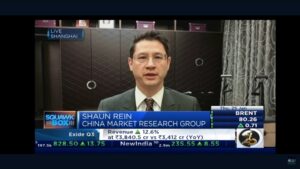
 Book reviews of Sparks:
Book reviews of Sparks: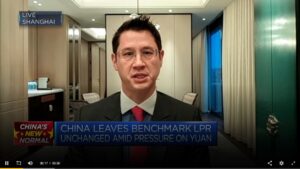 China’s consumers are trading down because of deflation, and are looking for cheap prices, says
China’s consumers are trading down because of deflation, and are looking for cheap prices, says 